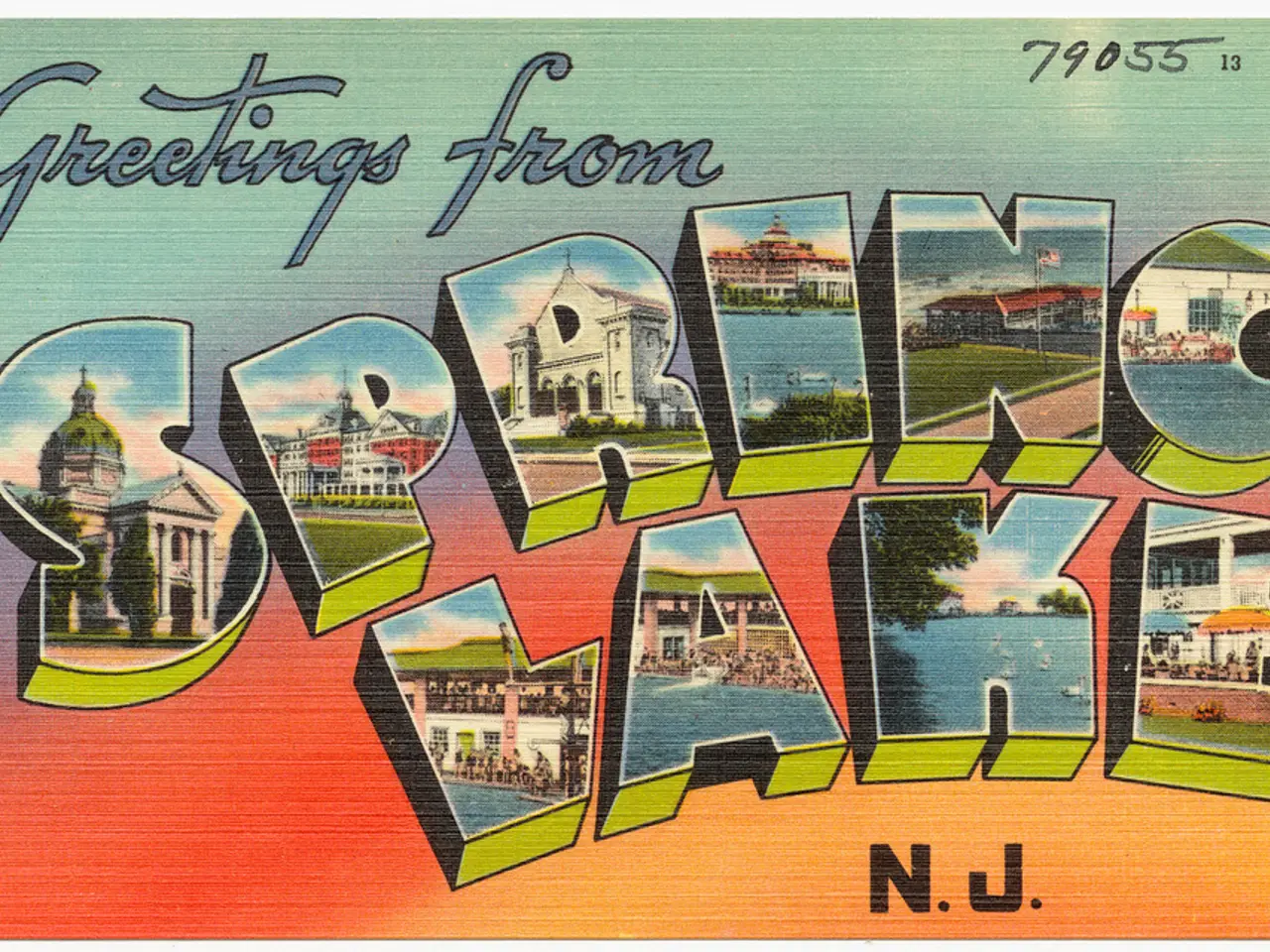Lawyer Sparks Debate: Wind Park Referendums Not Binding, Critics Worry About Local Voice
Lawyer Florian Berl has sparked debate with his stance on wind park referendums at the municipal level. He argues that such referendums are not constitutionally permissible, a view that has drawn criticism from environmental advocates.
Berl contends that referendums on wind power projects held at the municipal level are not binding, a fact he has not disclosed publicly. He believes these referendums address projects of supra-regional interest that a municipality could not fulfill on its own.
Manfred Maier, chairman of the environmental organization Pro Thayatal and a former professor at MedUni Wien, disagrees with Berl's interpretation. Berl's arguments, Maier suggests, could potentially stifle local voices in decision-making processes regarding renewable energy projects.
Berl further argues that the 'overriding public interest' in renewable energies should be balanced with other public interests. He points to other renewable energy sources like solar, hydropower, bioenergy, and geothermal energy, which have significantly lower negative impacts on landscape, nature, and biodiversity. However, Berl has been criticized for formulating provisions for renewable energy expansion as if only wind power is to be understood, potentially favoring the wind power industry and its lobby.
Berl's arguments regarding wind park referendums have sparked a lively debate. While he argues for a balanced approach to renewable energy expansion, critics contend that his views could limit local input in decision-making processes. The discussion highlights the complex interplay between energy transition needs, environmental concerns, and local governance.








